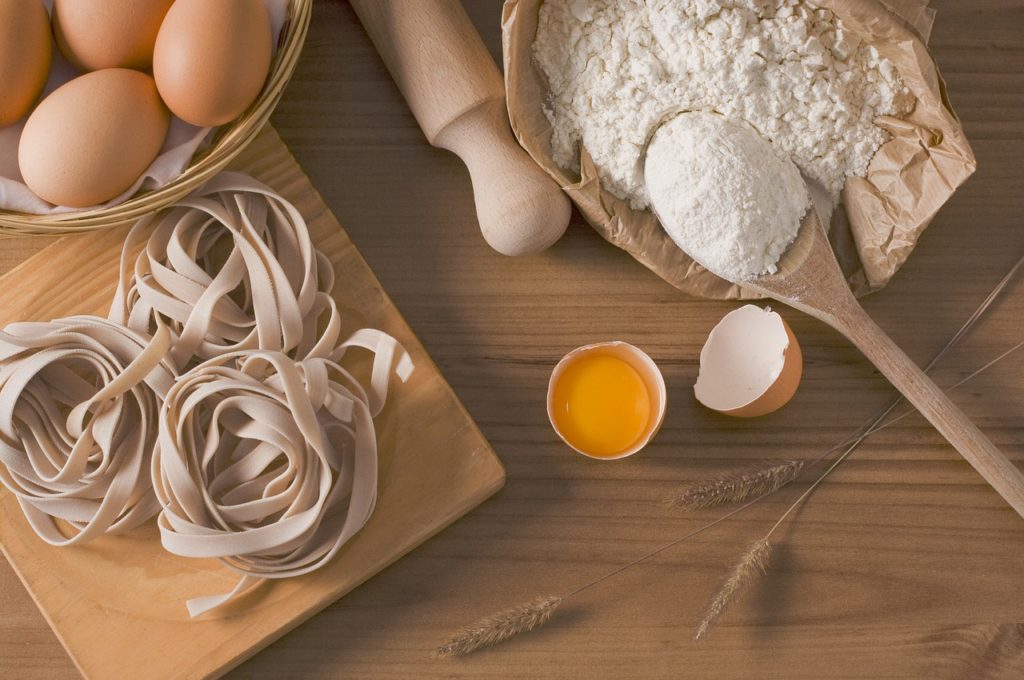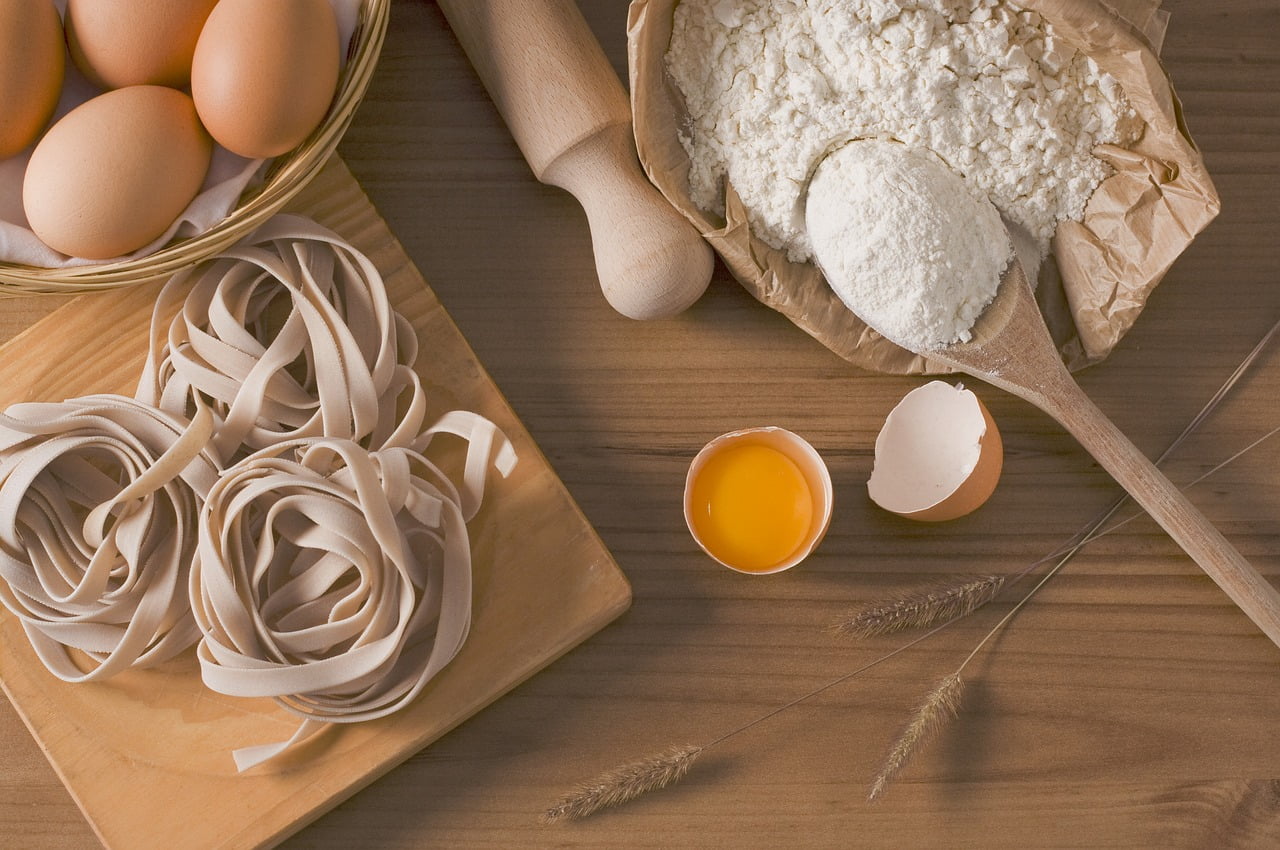Home cooking has been a long-standing tradition in many cultures and households. It not only serves as a means of sustenance, but it also holds significant social and cultural implications. In recent years, the rise of fast food and pre-packaged meals has made home cooking seem like a dying art. However, there has been a resurgence of interest in cooking at home, not just as a way to save money or eat healthier but also as a means of building community and fostering relationships. Andres Jacobus explores the social sphere of home cooking and how it can bring people together meaningfully.

The Role of Home Cooking in Building Community
Home cooking has long been considered essential to building and maintaining a community. When individuals come together to cook and share a meal, it creates a sense of connection and camaraderie that cannot be replicated in any other setting. Whether hosting dinner parties, potlucks, or simply cooking for one’s family and friends, home cooking allows individuals to come together and share a common experience. This helps to break down barriers, creating a strong sense of community.
Furthermore, home cooking also serves to preserve cultural traditions and pass them on to future generations. By cooking traditional dishes with family and friends, individuals can connect with their heritage and keep it alive within their community. This creates a sense of belonging for individuals and allows for cultural exchange and understanding among diverse groups. Home cooking, therefore, plays an important role in building a more inclusive and connected community.
The Impact of Social Media on Home Cooking Community
In recent years, social media has significantly impacted the home cooking community. Platforms have made sharing their recipes and cooking experiences easier with a wider audience. This has led to online communities centered around home cooking, where individuals can connect with others.
Moreover, social media has also allowed for the democratization of cooking expertise. Individuals no longer rely on traditional sources such as cookbooks or cooking shows for recipes and techniques. This has made home cooking more accessible to people, breaking down barriers and creating a more diverse and inclusive community. Social media has also allowed for discovering and exploring new cuisines and cooking styles, further fostering cultural exchange within the home cooking community.
Local Food Communities and Farmers Markets
In addition to social media, local food communities and farmers markets also play a significant role in building community through home cooking. These spaces allow individuals to connect with their local community and support small-scale and sustainable farming practices. Individuals can access high-quality ingredients and support their local economy by purchasing fresh produce from farmers’ markets.
Moreover, these spaces serve as gathering places for individuals to connect and connect over their love of food. Farmers markets often host cooking demonstrations, workshops, and community events that unite people from different backgrounds. This creates a sense of camaraderie among community members and strengthens the bond within the local community.
The Importance of Diversity in Home Cooking Communities
For a home cooking community to thrive, diversity is crucial. This includes diversity in ingredients, recipes, and cultural backgrounds. By incorporating diverse cuisines into their repertoire, individuals can learn about different cultures and expand their culinary horizons. This creates a more well-rounded community and promotes cultural understanding and empathy.
Diversity within the home cooking community also allows sharing unique and personal stories through food. Everyone has a different relationship with food, influenced by their culture, upbringing, and personal experiences. By embracing diversity in home cooking communities, individuals can learn from each other’s stories and perspectives, creating a deeper sense of connection within the community.
Overcoming Barriers to Building Community Through Home Cooking
Despite the many benefits of home cooking, some barriers can hinder the process. One notable barrier is the lack of time. In today’s fast-paced world, individuals often have busy schedules and find it challenging to make time for home cooking and connecting with others over a meal. However, one way to overcome this barrier is through meal prep or batch cooking. Individuals can save time and still enjoy the social aspect of home cooking with their loved ones.
Another barrier is a lack of knowledge or skills in the kitchen. Many individuals may feel intimidated by cooking or believe they do not have the necessary skills to participate in a home cooking community. However, this barrier can be overcome by seeking out cooking classes or workshops, either in-person or online. These resources can give individuals the knowledge and confidence to experiment in the kitchen and join a home cooking community.
Final Thoughts
For Andrew Jacobus, home cooking plays a significant role in building community and fostering connection and understanding among individuals. Individuals can share their love of food and create meaningful relationships through social media and local food communities, embracing diversity within the home cooking community. By overcoming barriers such as lack of time or skills in the kitchen, individuals can experience the many benefits of home cooking and contribute to a more inclusive and connected community.
